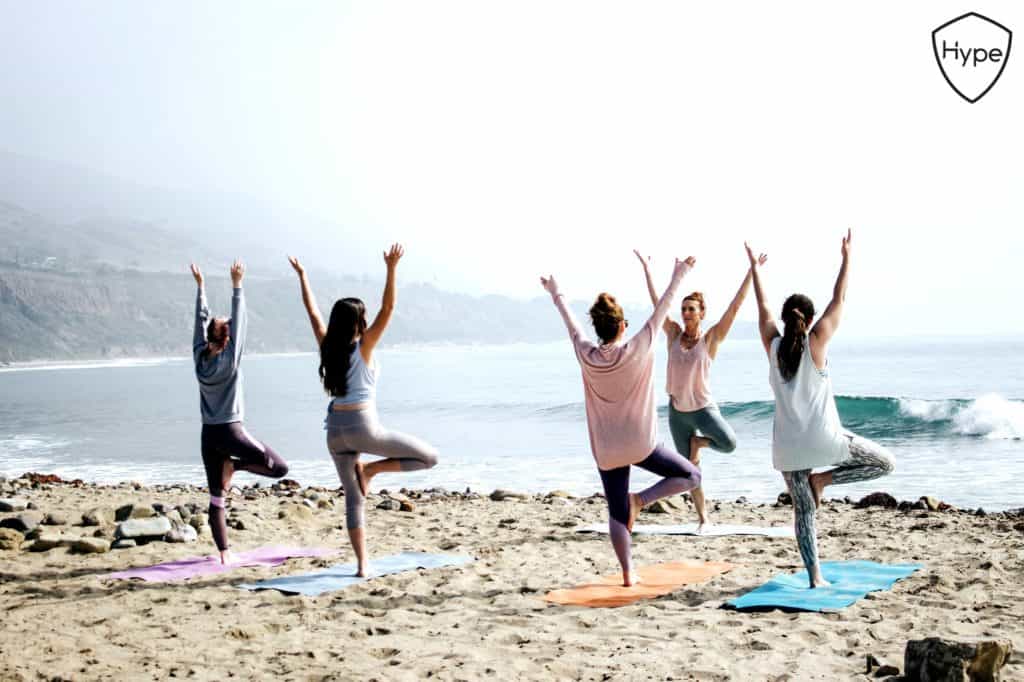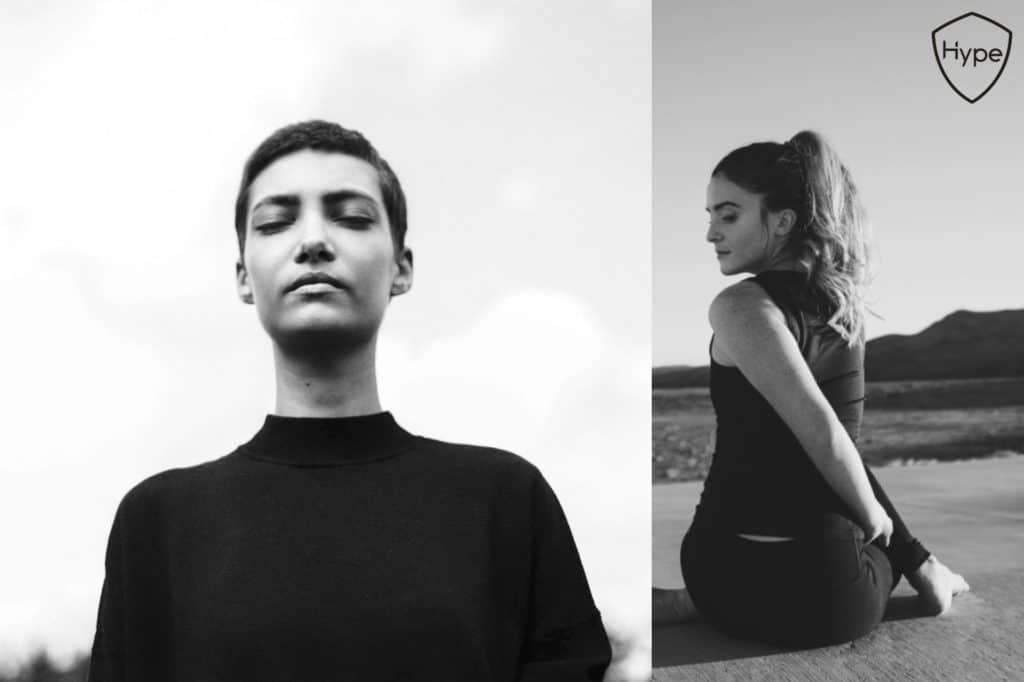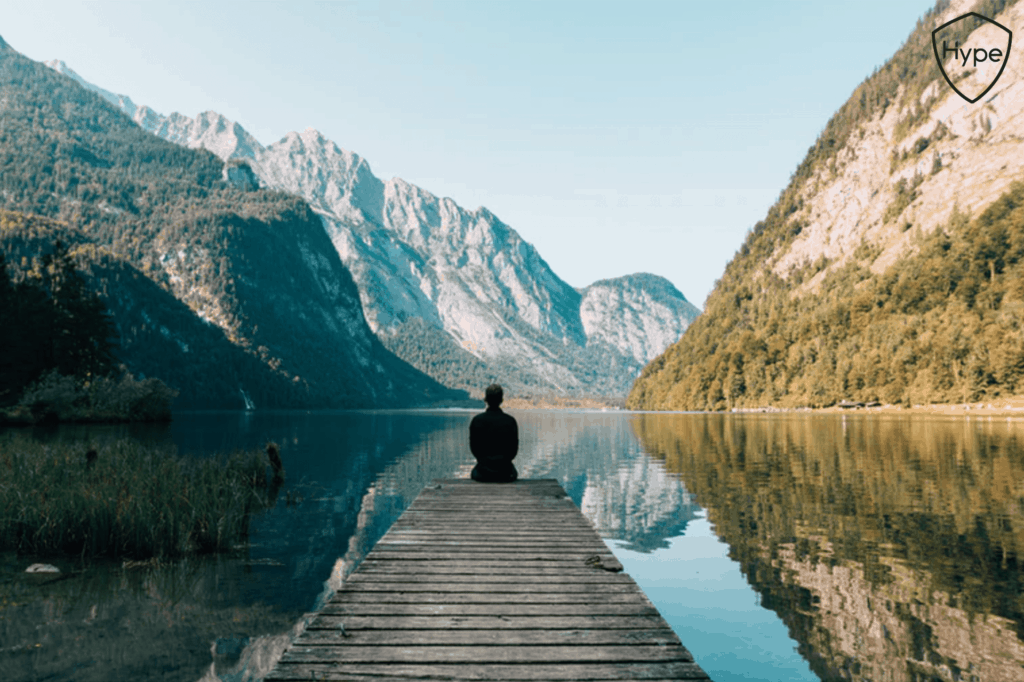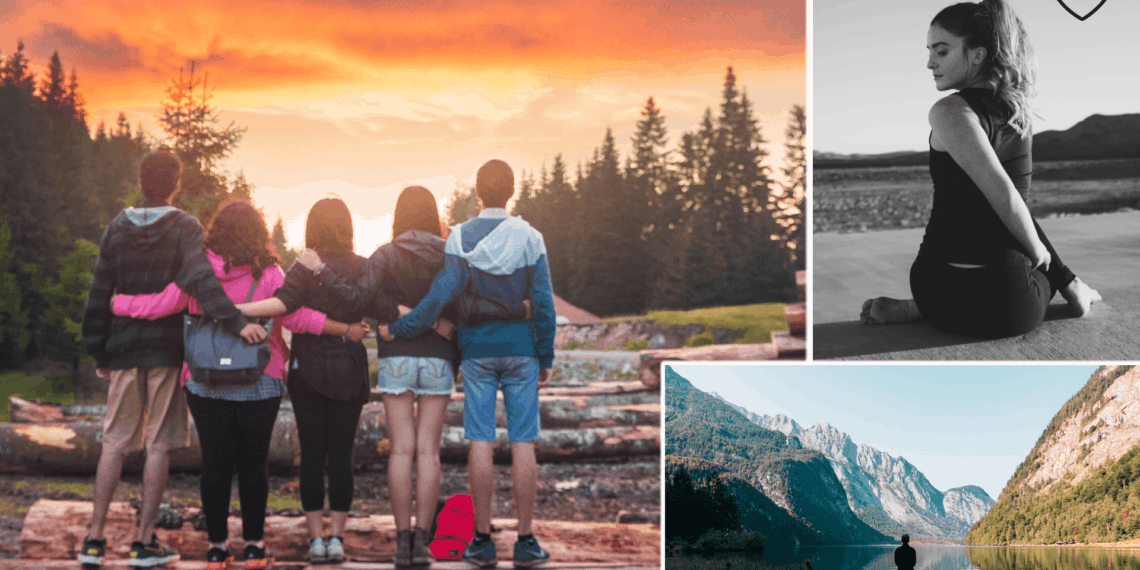Up until recently, the term ‘mindfulness’ was discussed amongst a privileged few, alongside trends like ‘Bleisure travel’, ‘the digital nomadic life’, and ‘sustainable fashion’. In a digital world with a population that increases every day, where instant gratification is a way of life and where consumerism is a consumption pattern that has been handed down to us in a platter, mindfulness seems like an alien term to the average human. At first, it may seem unachievable. Some might even term it as a trend for the elite, the richest of the rich.
 In defense of humans, it is important to point out that we have been taught to consume as much as we can. A major chunk of economics is centered around the fact that you must ensure the maximum or optimum utilization of resources. The field of economics itself relies on the idea that human wants (ends) are unlimited but the means to achieve those ends are limited. The study of economics thereby revolves around the effective utilization of the limited means to fulfill unlimited ends. Economics also gives us the 4 main resources: Land, Labour, Capital, and entrepreneurs. The skill of the entrepreneur lies in using the other 3 resources in a manner that ensures profit. Since optimum utilization is the means to an end, it is looked at as a skill.
In defense of humans, it is important to point out that we have been taught to consume as much as we can. A major chunk of economics is centered around the fact that you must ensure the maximum or optimum utilization of resources. The field of economics itself relies on the idea that human wants (ends) are unlimited but the means to achieve those ends are limited. The study of economics thereby revolves around the effective utilization of the limited means to fulfill unlimited ends. Economics also gives us the 4 main resources: Land, Labour, Capital, and entrepreneurs. The skill of the entrepreneur lies in using the other 3 resources in a manner that ensures profit. Since optimum utilization is the means to an end, it is looked at as a skill.
Even today, in India, the word ‘jugaad’ has a specific cultural connotation. Don’t have enough food for the weekend? Jugaad. Didn’t get a table at your favorite bar on Saturday night? Jugaad. Need a Business Class upgrade on your flight? Jugaad. Someone who can perform the jugaad is called a ‘jugaadu’ person and he or she is considered to be highly skilled.
Is ‘extra’ always better?
In a society that values those who always get extra, who manage to get extra chilies and coriander while buying vegetables, who always ask the bartender for free shots and who always bargain while traveling, is it too much to expect people to think before buying ‘MORE’? Indians pride themselves on hoarding, on passing things down generations, and on having all kinds of knick-knacks at home. While we’re too busy storing everything in excess, are we taking a moment to appreciate any of it?
Since we live in a hyper-connected digital world, we barely have time to slow down. Each day is about progress, about getting better. But 2020 has changed that. If there is one thing this year has taught us, it is that sometimes being constant and being right where you are, is the best. 2020 has pushed the pause button on our lives and made us slow down. It has made us cancel dozens of business meetings, all those weekend brunches, and the quarterly vacations.
In 2020, instead of having everything at the touch of a button, we had to choose wisely. While we were expecting instant gratification earlier, we were taught to develop patience in 2020. The year reminded us that the basic needs in life are few. If you are safe, healthy and with your loved ones, you must be grateful. A stocked fridge, a roof over our heads, a job that gives us our livelihood, and good health are truly a luxury in 2020! 2020 has successfully given us all a much-needed breather. While the year has come with its own challenges, it has taught us to be mindful.
 The age of mindfulness
The age of mindfulness
Mindfulness as a habit has transcended into several phases of our lives. Most of us realized that every bite of food we eat is precious, every hour we get to spend with our family is priceless, every minute we spend working out or meditating contributes to our well-being. What many of us dismissed earlier, we are now valuing. Mindfulness is enabling us to count our blessings and that is a major behavioral change we are all seeing. Even now, when we step out to meet our loved ones, we listen to them more, we want to enjoy our time spent with them, we want to live every moment and that is the manifestation of mindfulness.
Post-2020, travel will also change significantly. Instead of planning a getaway every other weekend and longer trips every couple of months, travel will be about quality. The number of trips will reduce but the days of a trip might increase. People will no longer go to 10 places in a day to tick them off a list but will select and prioritize. Instead of package tours with huge groups, people will travel in groups of twos or threes.
Road trips might take over vacations that involve multiple flights. Instead of multiple city holidays, people might choose one destination and choose to explore just that destination. Instead of staying in hostels, people might go for more exclusive accommodations. Carpooling and public transport may just be replaced with luxury and premium car rentals. While we may still want to try the local food, we might just ditch restaurants and opt for home-dining experiences while we travel.
 Mindful travel?
Mindful travel?
Travel in the near future is going to be mindful. Each minute spent outside your home will be carefully thought of. While this is a change from the way we used to travel, it is not bad in any way. Instead of traveling for social media validation, we might just start traveling for the sake of traveling. We will spend more money but will be mindful of what we consume. 2020 is truly teaching us to be mindful when we travel.
Travel in the future will not be a mechanical process. It won’t be about check-ins, long queues, or hashtags. It will be about enjoying a new destination, immersing yourself in the journey, with just your close family or friends to keep you company.
At Hype, we believe that being mindful in every aspect of our lives is important. We want our patrons to experience luxury mobility at its finest. We want our customers to be able to exercise mindfulness without worry and enjoy every moment they spend traveling with us.
While you wait for your destination, in a Hype ride you can enjoy every minute of your journey. With Hype’s luxury car rental, the journey is as memorable, if not more, as the destination!








